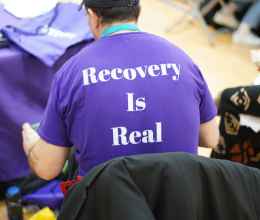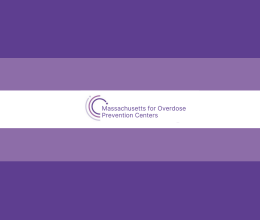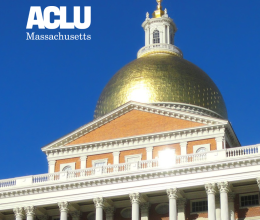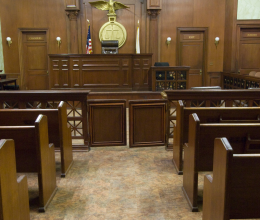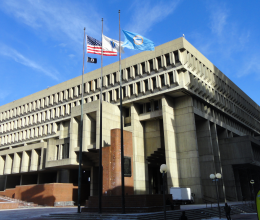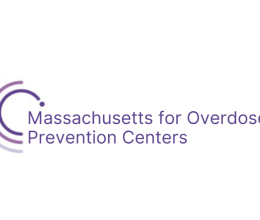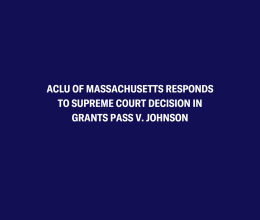
Annie Dookhan, the disgraced chemist who became the focus of much of the scandal at the Hinton State Drug Lab, is now out of prison on parole, yet a troubling fact remains. "Nearly five years after egregious misconduct became known to managers at the Hinton Lab, Annie Dookhan's victims are only now on the cusp of having a meaningful opportunity to challenge their convictions in court. And it took a civil rights lawsuit to make that opportunity possible," said Matthew R. Segal, legal director of the American Civil Liberties Union of Massachusetts.
Ongoing litigation brought by the ACLU of Massachusetts, the Committee for Public Counsel Services, and Foley Hoag LLP has helped to make meaningful relief possible, with district attorneys expected to turn over final lists of Dookhan cases on May 9, 2016.
Shockingly, a list of Dookhan's cases has never been completed. Prosecutors also declined to help identify them before being asked to do so in litigation, and the few defendants who had been notified were often scared to challenge their convictions because they were told that doing so could lead prosecutors to resuscitate previously dismissed charges. Those circumstances led the ACLU, CPCS, and Foley Hoag in early 2014 to bring the case Bridgeman v. District Attorney for Suffolk County. And in its May 2015 decision in that case, the state Supreme Judicial Court capped the exposure of all Dookhan defendants, ensuring that no one who challenges a Dookhan conviction can be re-prosecuted on previously dismissed charges.
Even with that result, however, the Bridgeman case is only now effecting the completion of a list of Dookhan cases that resulted in convictions. Prosecutors have previously estimated that there could be 20,000 such cases, and every district attorney with a Dookhan case has now been added to the Bridgeman case as a defendant.
These district attorneys are now working on final lists of their Dookhan cases, which are expected to be turned over to CPCS on May 9, 2016. But even then, most defendants will not have been notified that their convictions relied on Dookhan evidence. It is expected that notice to these defendants will go out within the next few months, as a consequence of the Bridgeman case.
"It's a shame that most of the people cheated by the scandal at the Hinton Lab still have not been notified by the Commonwealth that they have the right to challenge their convictions," said ACLU of Massachusetts staff attorney Carl Williams. "We hope that, once the list of Dookhan's victims is completed in May, and notice is sent to them, the Commonwealth can begin to systematically redress these thousands of wrongs."
